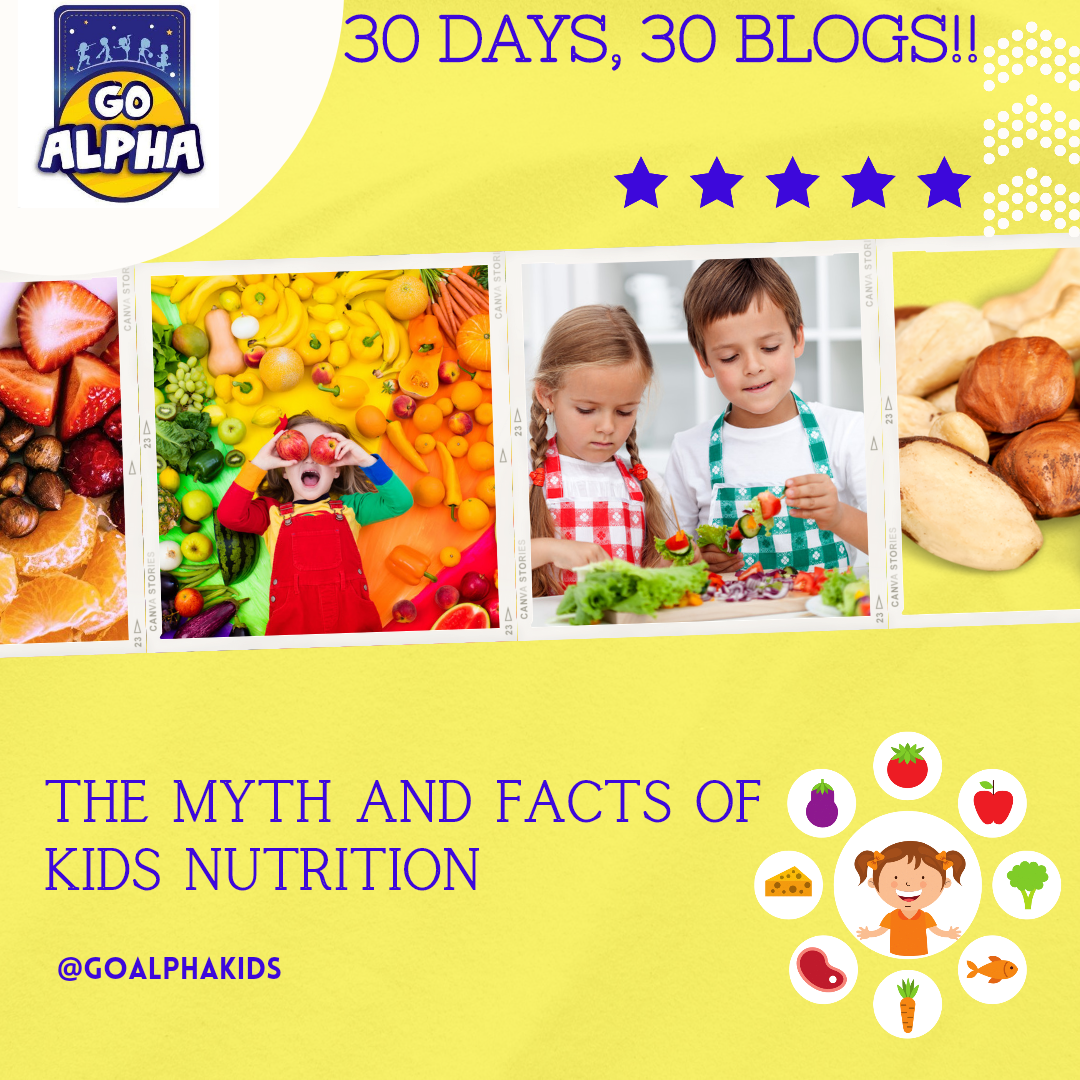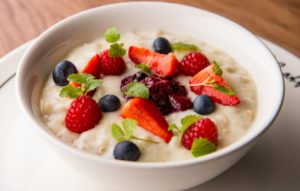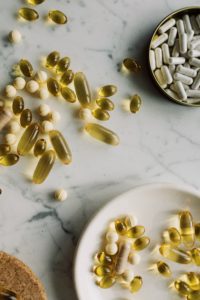



Science has debunked several myths that tend to get thrown around in the form of facts. It also includes several fad diets and child nutrition myths.
Most healthy products that occupy the kitchen shelves nowadays are mere marketing gimmicks. The hectic lifestyle and the desire to keep the children fit causes parents to turn to quick fixes and simple solutions for their nutritional needs.
But with an overload of information, it is sometimes easy to get overwhelmed. So, here is a breakdown of a few myths and facts surrounding nutrition that needs instant attention.


Multigrain sounds like the best thing to the plate to ensure that the child enjoys a proper nutritional meal. But multigrain and wholegrain are not the same.


Kids can be fussy about certain food groups, and not every child enjoys eating vegetables. Children tend to experience food differently as they see, feel and experience food before settling down on what they like and what they don’t. So, if your child doesn’t finish the last of the peas or carrots,
‘The most important meal of the day.’ Or so we’ve been told. While it is a popular notion, it doesn’t mean it’s true. Advertising this idea can create an all or nothing mentality, which is harmful.
It is, therefore, necessary to understand that:


Sugars harmful effects are now known to the entire world. But some parents took it a step further, and they cut fruits out of their diet. But fruits are sweet and not unhealthy.


This myth does more harm than good. Fat-free food generally misses out on flavour, and to compensate, is packed with sugar and other harmful ingredients.
Good fats and bad fats are not the same. And, good fats are a necessary part of a well-balanced diet.
Water is essential, but being satiated and hydrated is more necessary than gulping water needlessly.
Children don’t always like eating curd but switching it out for pre-packaged fruit yoghurt is not the best idea.


Buying fresh is both safe and healthy, but often, fresh produce is assumed to be in a better condition than they are.
Buying frozen products is a healthy alternative as:
It is necessary to note that packed produce is available in both frozen and canned forms. It is always better to buy frozen products, as canned goods have added preservatives and sugars.


Television and social media have convinced parents that they can’t do away with probiotic supplements, and they have to have their brand for all-around care.
But what are probiotics?
Probiotics are a combination of live beneficial bacteria and are naturally present in the gut. Moreover, a lot of people don’t do well with supplements in any form.
So be wise and opt for better options to satisfy probiotic requirements.
Get probiotics from natural food like:
Potatoes get a bad reputation because of the diet culture. But the truth is potatoes are fabulous, in all shapes and forms. It is better to choose a healthy recipe, but it nevertheless is a versatile vegetable and can be enjoyed mashed, as fries, in curries, to name a few.
Potatoes provide several benefits:
In the end, it is always better to focus on the health of the child. Ensuring that they get a balanced diet that supports their overall growth can help stay the child healthy and happy in the long run.
Image Source: Pexels
Written by Stuti
Please fill the form to get more information and set up a FREE Go Alpha Demo at your preschool.